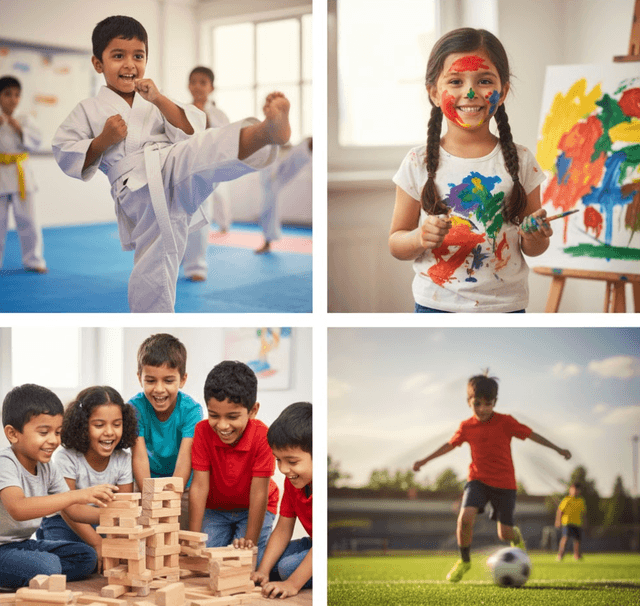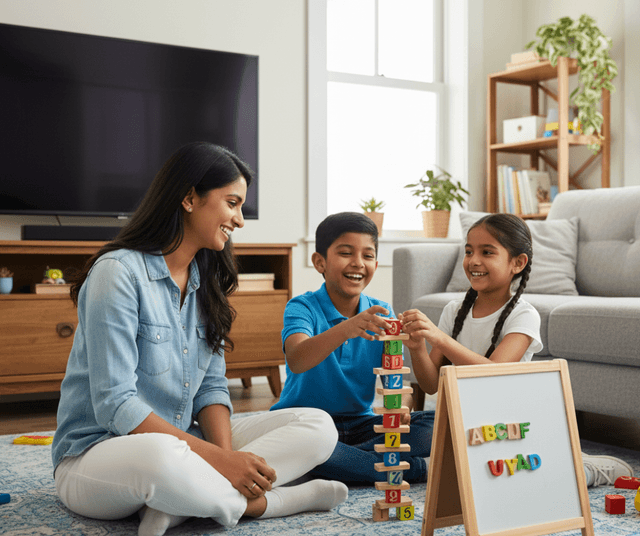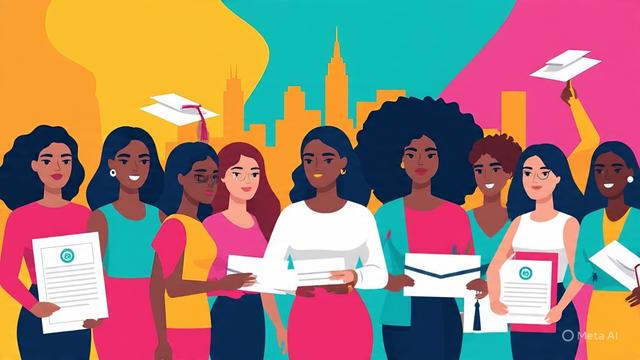Get In Touch

By - Apeksha Negi
9/21/2025
24
We've all seen it. At a family gathering, a relative asks your child a simple question, and they hide behind your legs. Or during a school function, they mumble through their lines, staring at the floor. It's a common sight, and as parents, our hearts go out to them. We often label it as shyness and hope they'll grow out of it.
But what if we could do more than just hope? What if we could give them a tool that turns that hesitation into confidence? That tool is public speaking, and its benefits are most profound when the training starts early.
It's not about turning your child into a stage performer or a politician. It’s about equipping them with the self-assurance to express their thoughts and ideas clearly, whether they're talking to one person or one hundred.
Introducing public speaking to children isn't just another extracurricular activity; it's a foundational skill that supports their development in many areas.
For a child, standing up and speaking in front of others can be scary. But every time they do it, a little bit of that fear melts away. Overcoming this challenge, especially in a safe and supportive environment, builds a deep and lasting sense of self-confidence. They learn that their voice matters and that they are capable of holding the attention of others. This newfound courage doesn't just stay in the classroom; it spills over into all aspects of their life.
Public speaking teaches children how to structure their thoughts logically, choose their words carefully, and present their ideas in a way that is easy for others to understand. They also learn the other, more crucial half of communication: listening. To be a good speaker, you must first be a good listener. This skill helps them build stronger friendships, understand different perspectives, and communicate more effectively with family members and teachers.
This is a big one. The skills learned in public speaking directly translate to better grades. Children who can articulate their thoughts clearly are more likely to participate in class discussions, ask insightful questions, and excel in presentations and oral exams. The process of preparing a short speech also teaches them how to research a topic, organize information, and think critically—skills that are essential for academic success.
Leaders are communicators. They inspire, persuade, and guide. When children learn to speak with clarity and confidence, they are naturally seen as leaders by their peers. They're more likely to volunteer to lead a group project, take initiative in the playground, and stand up for what they believe in. You're not just teaching them to speak; you're nurturing their ability to lead.
You don't need a stage or a podium to get started. Your home is the perfect training ground.
Dinner Table Talks: Make it a daily ritual to ask your child to share one interesting thing about their day. Encourage them to explain it in detail.
Storytelling Sessions: Ask them to narrate their favorite story or a scene from a movie they just watched. You can even take turns adding to a story you create together.
Show and Tell: Just like in school, have a weekly "show and tell" at home where your child can present their favorite toy, drawing, or book and explain why they love it.
Praise the Effort: The key is to applaud their courage, not critique their performance. Focus on what they did well ("I loved how you smiled when you talked about your drawing!") to build positive reinforcement.
In the end, teaching your child to speak publicly is one of the greatest investments you can make in their future. It's a gift that helps them grow from a hesitant child into a confident, expressive, and successful adult.
If you're looking for a structured and friendly environment for your child to grow, we can help.
Here at Paathshala, we have a dedicated team of experienced teachers who specialize in making public speaking fun and engaging for kids. In fact, it's one of our most in-demand classes on our platform, a testament to how many parents see its incredible value.
Book a Free Demo Class and Watch Your Child Shine!
Check out our other posts!
.jpg&w=640&q=75)
How Governance Begins With Us
8
- Raghav Daksh
Understanding how rules, rights, and representation keep our society balanced

Why All-Rounders Shine?
10
- Apeksha Negi

Is play the best way to learn?
15
- Apeksha Negi
Why Forcing Your Child to Study Doesn't Work? (And What Science Says Does)

Women Change the World
8
- Raghav Daksh
How education and courage are reshaping women’s roles in India